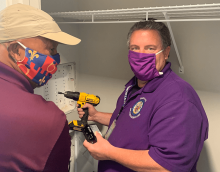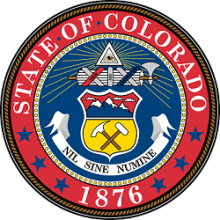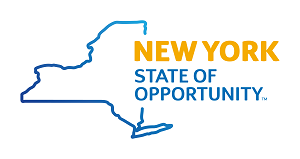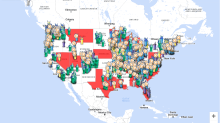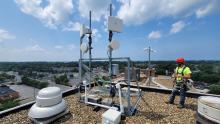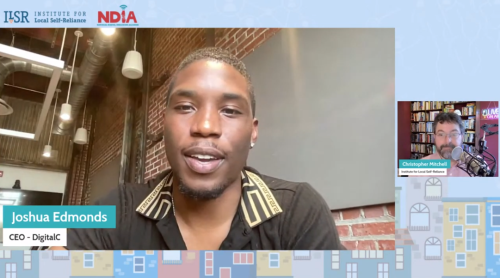Montgomery County Maryland Recognized For Broadband Equity Efforts
Montgomery County Maryland has been awarded the “Best Municipal or Public Connectivity Program,” honored as a 2024 Broadband Nation Award winner for its ongoing efforts to expand affordable broadband access and help bridge the digital divide.
Montgomery County has worked extensively for years to connect municipal services and key anchor institutions, but more recently has begun leveraging that infrastructure to expand access to the most vulnerable. The county’s efforts have two key components:
FiberNet is a 650-mile municipal fiber communication network that provides broadband services to 558 County, State, municipal, educational, and anchor institutions.
MoCoNet is the County’s residential broadband network that provides free 300/300 megabit per second (Mbps) Internet service for residents at affordable housing locations. Originally providing a symmetrical 100 Mbps service, the network was recently upgraded to 300 Mbps, and is currently available to low-income housing communities.

Montgomery Connects Program Director Mitsuko Herrera tells ILSR that the county just received a $10 million grant from the State of Maryland to expand FiberNet and MoCoNet’s free 300 Mbps offering to 1,547 low-income and affordable housing units at seven properties operated by the County’s Housing Opportunities Commission.
The county’s also in the middle of upgrading its core fiber infrastructure to deliver significantly faster overall speeds.


